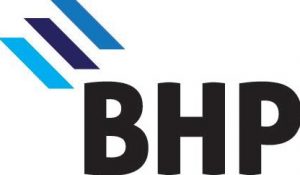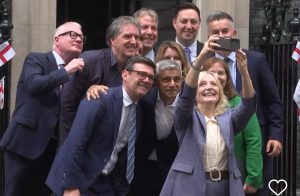Hunt declares ‘largest business tax cut in modern British history’

The Chancellor has also frozen the way business rates are calculated for further year, and extended the 75% business rate relief for hospitality businesses, up to £110,000 for a year.
The Chancellor listed a number of the 110 measures in the full autumn statement during his speech in parliament – measures he said would boost investment in British businesses by £20bn.
Other measures include £50m to increase the number of apprenticeships in engineering and related sectors.
“The private sector is more productive in countries like the United States, Germany and France because it invests more on average two percentage points more of GDP every year,” Hunt said.
“The 110 measures I take today help close that gap by boosting business investment by £20bn pounds a year. They do not involve borrowing more, and ramping up debt in some advocate. Instead, they unlock investment with supply side reforms that back British business in the following areas.”
To ease cash flow for small businesses, Hunt said from April any firm bidding for large government contract would have to show it pays its invoices within an average of 55 days, reducing gradually to 30 days. The Procurement Act has already extended the statutory 30-day invoice payment requirement for the public sector through to its supply chain.
“Small businesses work so hard for us and the Conservative government today is working hard for them,” Hunt said.
Hunt added, “The way to boost British business is not to borrow more or subsidise more, but to increase the incentives to invest.
“And we do that today by introducing one of the most generous tax reliefs anywhere in the world, a huge boost to British competitiveness in an Autumn Statement for growth, skills, planning, infrastructure reform, pension fund reform, support for innovation, industries, leveling, backing small businesses, and full expensing.
“Taken together, the overall impact of today’s growth measures will be to increase business investment in the UK economy by around £20bn pounds a year.
“This is the biggest ever boost for business investment in modern times, a decisive step towards closing the productivity gap with other major economies, and the most effective way we can raise wages and living standards for every family in the country.”
Suzy Harris-Milnes , Tax Partner at BHP said, “In an Autumn Statement focused on growth, the reality is that the changes won’t be welcomed by all and don’t give a clear picture.
“For SMEs, the move to ‘simplify’ the R&D process will actually mean a reduction in the net value gained from undertaking R&D claims, however for larger businesses they will welcome the news that they can claim costs on R&D which is subcontracted out.
“The permanency of the full expensing allowance is also a double-edged sword. This is predicted to only benefit 1% of businesses, with a further 1% likely to invest anyway, and 98% of businesses investing less than £1m which is already covered by the existing £1m annual investment allowance.”









